Myths & Career Opportunities in Fashion Industry 2026
Most people think
fashion is all glamour, lights and expensive clothes. But that's just the surface. Behind the scenes, it's a real industry with serious work, smart choices and plenty of challenges. If you are wondering what it's like to work in fashion or if it's just about looking stylish - this is where you will find your answers.
We will clear up the common myths people still believe. At the same time, we'll show you the many doors this industry can open - whether you want to design, create, market or even research. No heavy theory, no confusing terms. Just clear points, real facts and helpful insights. Here's what industry professionals want you to know about
modern fashion careers.
Common Fashion Industry Myths Debunked
- It's just designers and models - That's what the spotlight shows, so people miss the full picture. Fashion runs on teams - stylists, buyers, pattern makers, photographers, and many more. Without them, nothing moves.
- It's all glam and parties - The red carpet is real, but that's a tiny slice. Most of fashion is hard work - long hours in studios, tight deadlines, fittings, fixing and planning. It's not as dreamy as it looks.
- You need to be young, skinny and well-connected - Not true anymore. Fashion is changing. Curvy bodies, older models, fresh faces from small towns - all have space today. Talent matters more than looks or contacts.
- All sustainability claims are true - Just because a brand says 'eco-friendly' doesn't mean it really is. Some stats, like water saved in jeans, get blown out of proportion. Always read beyond the label.
- Fashion jobs aren't stable - There are steady roles in tech, digital, marketing, and sustainability. With the right skills, you can build a solid career here.
Traditional Fashion Roles
The industry encompasses much more than designers - there's a wide mix of roles you can explore. Here's a quick look:
- Fashion Illustrator - draws out design ideas by hand or digitally.
- Stylist - puts together outfits for shoots, shows, or clients.
- Fashion Photographer - captures trend in the best light.
- Buyer - selects what clothes and products go into stores.
- Merchandiser - plans how and when products are sold.
- PR/Marketing Professional - promotes brands through media and campaigns
- Fashion Educator - teaches fashion design and industry skills.
- Entrepreneur - builds and runs their own boutiques.
Diverse Career Paths in Modern Fashion
Here are some newer roles you might not have heard of:
- Fashion Technologist - works on fabrics, fit, and product development.
- Sustainability Officer - helps brands go eco-friendly and reduce harm.
- Adaptive Fashion Specialist - designs clothing for people with disabilities.
- Circular-Economy Strategist - finds ways to reuse materials and cut waste.
Sustainability and Circular Fashion Careers
The industry now prioritizes environmental responsibility. Circular fashion keeps clothes in use for longer - through reuse, recycling or smart redesign. Zero-waste takes it up a notch by cutting patterns in a way that leaves no fabric behind. Adaptive fashion is also picking up fast. These are clothes made to suit all body types and abilities. It's not just thoughtful - it's smart
business. Brands get to reach more people and build a better image.
In India, projects like Iro Iro and MITRA are showing how it's done. Iro Iro reworks old textiles using
traditional craft. MITRA helps small makers turn fabric waste into something new. Both prove that circular fashion isn't just talk. It's working - and growing - right here.
Emerging Technology-Driven Positions in Fashion Industry
This sector extends far beyond fabrics. Tech is now playing a big part in how the industry works and looks. Take
digital fashion. AR filters let people try on clothes without stepping into a store. Some designers even sell digital-only outfits as NFTs - no real fabric, just pixels. AI is also changing the game. It helps brands suggest outfits based on what people actually like. It even creates new designs and predicts what trends are coming next.
On the backend, SaaS tools are helping brands cut waste and work more cleanly. They plan better, track materials, and keep things eco-friendly.
Why Fashion Still isn't Fair for Everyone?
Despite diversity initiatives, gaps remain in industry inclusion. Internships often go to those with the right contacts. Many are unpaid, which leaves out students who can't afford to work for free. Without equal access, true inclusion stays out of reach. Pay gaps are real too. Many from underrepresented groups earn less or get fewer chances to move up, even with the same skills. Body diversity is slowly improving. We are seeing more plus-size models, but most brands still stop at 'large'. Real people come in all sizes - fashion should reflect that, not ignore it.
People with disabilities still get left out.
Adaptive clothing is rare. Many designs aren't easy to wear if you have mobility or sensory needs. This isn't just about comfort - it's about basic access. Fashion must do better. Until everyone feels seen and included, change isn't real.
Essential Skills for Fashion Careers in 2026
Want to break into fashion in 2026? It's not just about
good design anymore. You need the right mix of skills, a smart portfolio and a habit of staying updated.
- Skills that Matter Now - Be creative, but also learn digital tools like 3D design. Know the basics of AI in fashion. Care about sustainability - not just in words, but in your work. And don't forget clear communication. It counts more than you think.
- Fix Up that Portfolio - Show real work. Add digital fashion, upcycled looks and inclusive designs. Keep it clean, current, and easy to share online.
- Start Meeting the Right People - Attend events, share your work on Instagram or LinkedIn, and apply for internships with fair, open pay. Make your network strong and useful.
- Keep Learning, Always - Sign up for short courses, read news, and follow new tools. Pick one thing to learn every few months. That's how you stay relevant.
Fresh Fashion Careers You Shouldn't Miss

The fashion industry created 1.2 million new jobs globally in 2024, with 40% in technology and sustainability sectors.
Sustainable fashion is growing, with more brands looking for people who understand eco-friendly materials and smart design. Resale platforms are booming too - they need stylists, curators, and content creators. Tech-fashion is another exciting space. Think wearable gadgets, smart fabrics, or clothes made for people with disabilities. These roles are growing and offer a fresh way to work in fashion. The African fashion market is also gaining global attention. Countries like Nigeria and South Africa are full of new labels, giving space for fresh talent.
Digital fashion is picking up
speed. Virtual try-ons, metaverse clothing, and virtual influencers are now a real part of the industry. You don't always need a big degree to get started. Short online courses in AR, UX design, or sustainable fashion can help. Apprenticeships are another way to learn while working. It is no longer limited to the ramp. It's tech-driven, global, and full of new chances - if you're ready to jump in.
Fashion isn't just about sparkle or runways. It's a space that blends creativity, culture, business and change. What you wear speaks louder than you think, and what you create can shape how people see the
world. Don't wait for someone else to tell you what's in or what's not. Take your own route. Whether you want to design, style, write or build something new - start now. Try new things. Make mistakes. Learn fast. Stay curious. Ask questions. Connect with others who think differently. Fashion grows through bold ideas and real teamwork.
FAQ about Myths & Opportunities in Fashion
Some people think fashion is only about glamour, models or big designers. Others believe it's not a serious career. These ideas are not true.
2. Can I work in fashion without contacts?
Yes. You don't need powerful connections. Good work, a clear portfolio, and learning new skills can help you grow.
3. Is fashion still a good career in 2026?
Yes. Rapid transformation defines today's fashion landscape. There are many new roles in tech, sustainability and digital fashion that students can explore today.
4. How does technology help the fashion industry?
Tech brings tools like 3D design, virtual try-ons, fashion apps and AI-based styling. It's creating new
job roles too.
5. What are some jobs in sustainable fashion?
You can work as a product developer, eco-designer, fabric expert or sustainability manager. Many brands are hiring for these roles now.
6. What does circular fashion mean?
It means making clothes that can be reused or recycled. It helps reduce waste and protect the environment.
7. Can I work in fashion without a design background?
Yes. Fashion needs people for marketing, content writing, sales, logistics, customer service, and more.
8. What careers in fashion are growing fast?
Some fast-growing jobs are:
- Digital fashion designer
- Virtual stylist
- Sustainability expert
- Fashion tech developer
- Social media manager
9. Is sustainable fashion useful?
Yes, but it depends on the brand. Real sustainable brands use safe materials and follow fair working methods.
10. Is fashion becoming more inclusive?
Yes. Fashion now includes people of all body sizes, skin tones, abilities and backgrounds. Brands are slowly improving.
11. What are some new or less-known fashion jobs?
- Fashion psychologist
- Costume designer
- Fashion teacher or trainer
- Law expert for fashion
- Local craft promoter
12. What skills do I need to work in fashion?
Important skills include:
- Creativity
- Clear communication
- Basic business understanding
- Digital tools like Photoshop or Canva
- Teamwork
- Awareness of sustainability
13. Do I need a degree in fashion?
Not always. A degree can help, but you can also learn through online courses, short programmes, or hands-on experience.
14. What mistakes do fashion students often make?
- Focusing only on looks and ignoring function
- Not learning about the market
- Forgetting to build a portfolio
- Skipping basic skills like teamwork
15. How can students get real experience?
- Do internships or part-time work
- Build a Fashion Portfolio
- Join workshops or events
- Work with other students or local brands
- Share your work online
16. What is adaptive fashion?
It's clothing made for people with disabilities or special needs. It helps with comfort and ease of wear.
17. How can I start a fashion career with no experience?
You can:
- Take free or low-cost online courses
- Create a small fashion project
- Help out at shows or events
- Reach out to local designers
- Start building your own portfolio

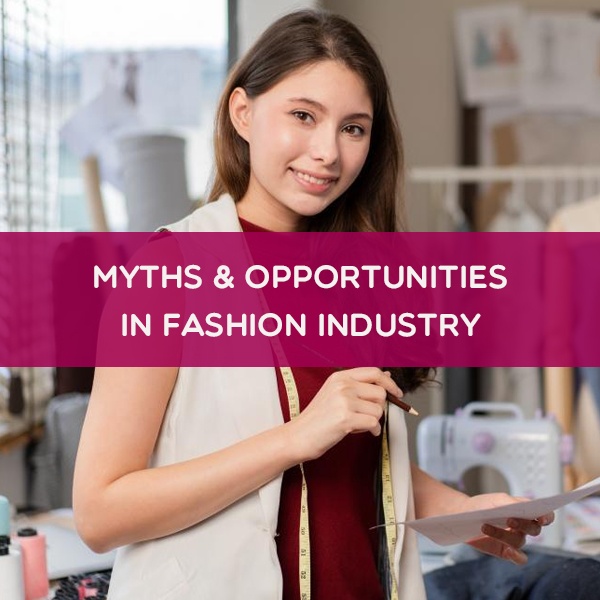
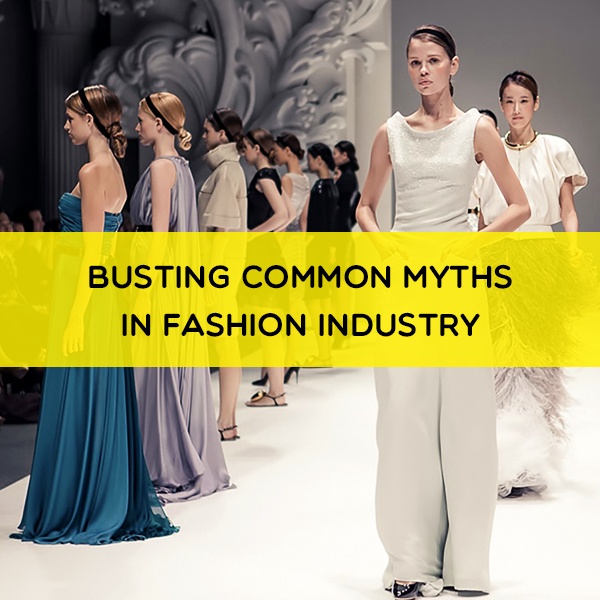
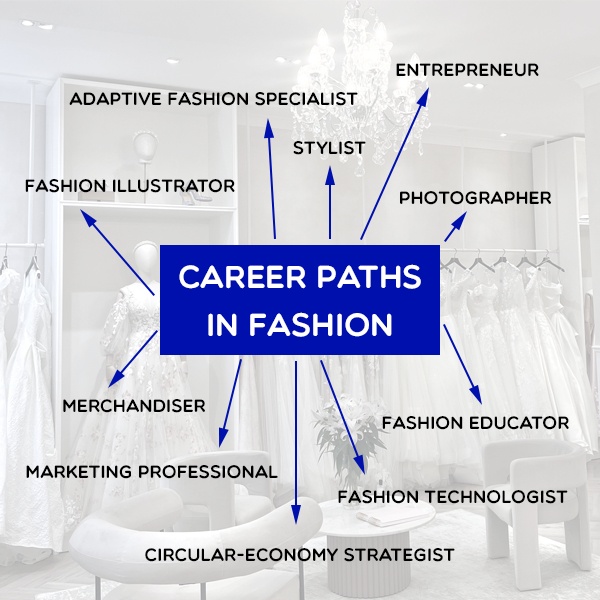
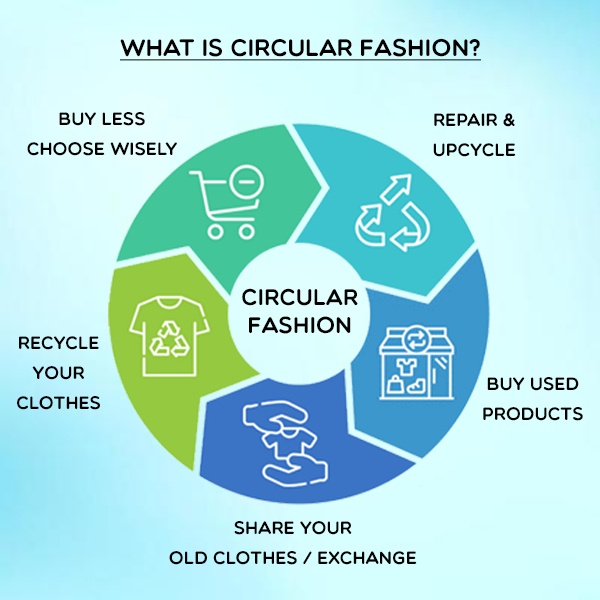

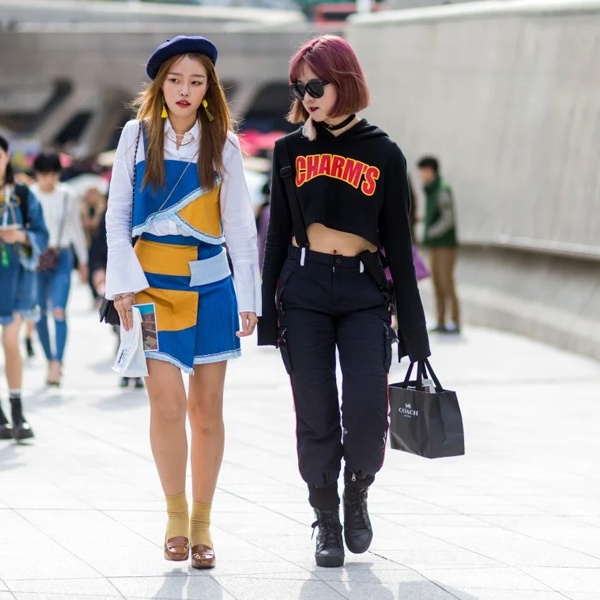
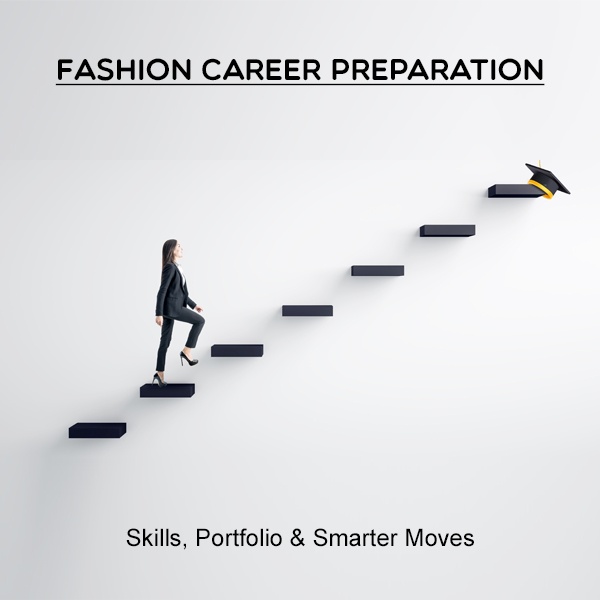

 CONTACT USWaves Institute of Fashion Designing,
CONTACT USWaves Institute of Fashion Designing,